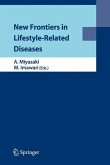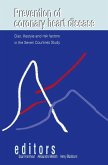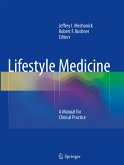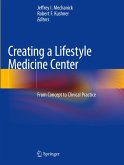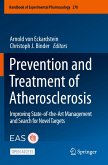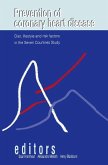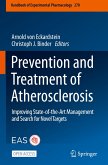It is my great pleasure to publish New Frontiers in Lifestyle-Related Dis eases, the proceedings of the Showa University International Symposium for Life Sciences, 3rd Annual Meeting, held at Showa University on Sep tember 13, 2006. This symposium was supported, in part, by Grants for the Promotion of the Advancement of Education and Research in Graduate Schools and Ordinary Expenses for Private Schools from the Ministry of Education, Culture, Sports, Science, and Technology of Japan. On behalf of Showa University, I would like to express my deepest thanks to all the authors and editors for their great contribution to the publication of this memorable book that accelerates research activity in lifestyle-related diseases. Akiyoshi Hosoyamada, M.D., Ph.D. President, Showa University Tokyo, Japan September 2007 v Preface The leading cause of death in Western countries and some developing countries is atherosclerotic cardiovascular diseases. Among them, acute myocardial infarction isthe most common type of fatal disease, caused by the progression of atherosclerosis characterized by accumulation of choles terol in vascular walls. Development of atherosclerosis is greatly enhanced by major risk factors for cardiovascular diseases such as obesity, hyperlip idemia, diabetes (hyperglycemia), and hypertension. Among those, obesity frequently initiates a metabolic change that subsequently induces hyperlip idemia, diabetes, hypertension, and eventually atherosclerotic cardiovascu lar diseases. Because obesity and its related disorders largely depend on lifestyle factors such as high calorie intake and low physical activity, a series of disorders are termed lifestyle-related diseases.
Hinweis: Dieser Artikel kann nur an eine deutsche Lieferadresse ausgeliefert werden.
Hinweis: Dieser Artikel kann nur an eine deutsche Lieferadresse ausgeliefert werden.
From the reviews: "This is a compilation of oral presentations and poster presentations conveying the latest information from basic and clinical research on lifestyle-related diseases. ... This book is targeted at physicians, physicians in training, students, midlevels, and researchers who wish to understand the effects of disease-modifiable illnesses ... . For bench and clinical researchers ... this is an excellent book. It is especially helpful for those who wish to acquire a broader fund of knowledge about the mechanisms of atherosclerotic heart disease." (Dedric J Clarke, Doody's Review Service, March, 2009)


